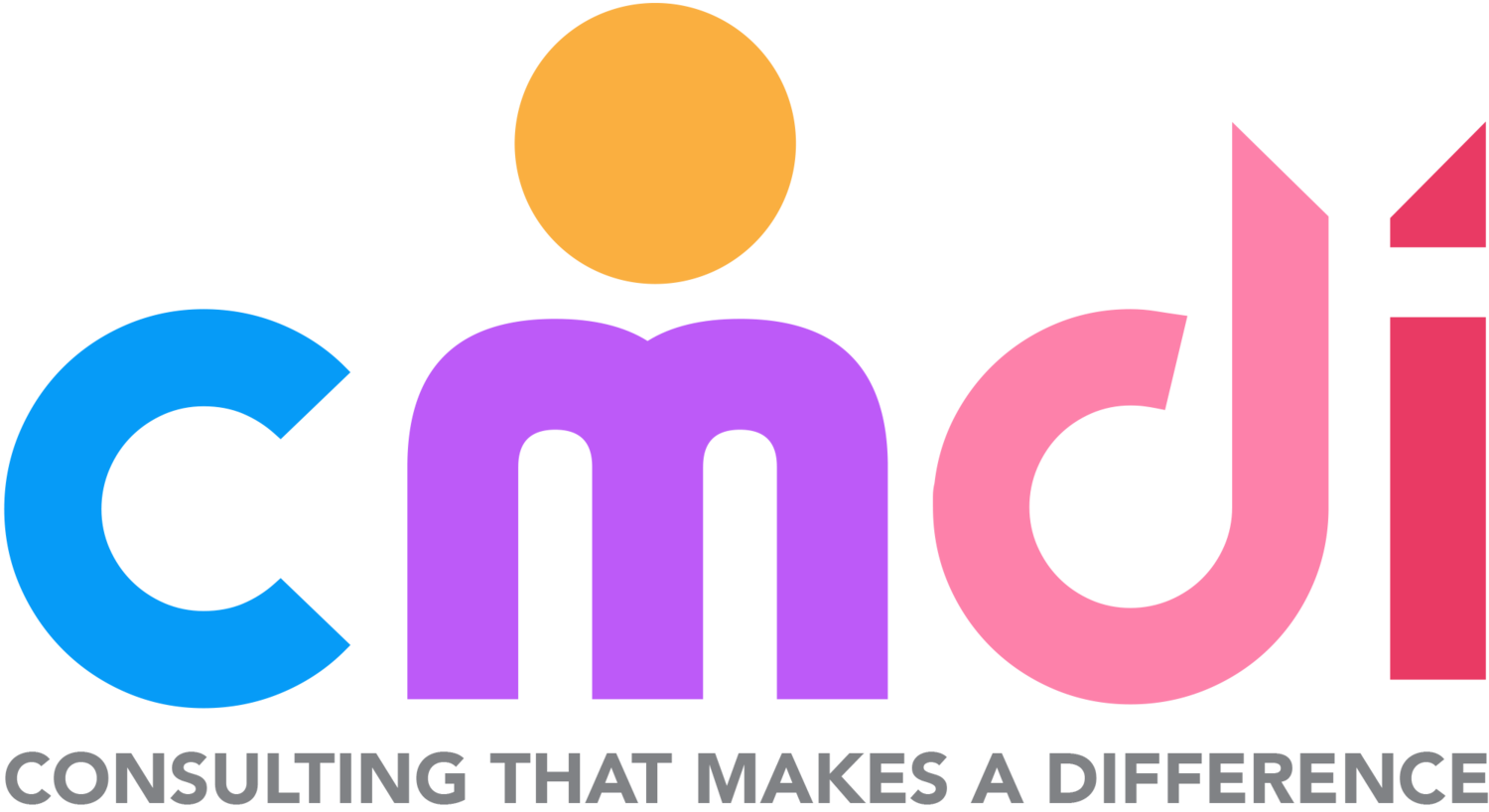Learning Loss: A Proactive Mindset
When I first heard the words learning loss, I was concerned that educators would immediately think we need to have more assessments, more testing, and more ways to label our students according to their academic strengths and weaknesses. In some cases, this may be the correct strategy, but for most students across the country, the mindset of teachers, administrators, families, and community members will (need to) shift towards a new way of thinking.
Our students' home and school lives have been drastically uprooted over the last 15 months. Some students have become parents, caring for their younger siblings while parents or family members go to work each day. Some students have shifted from in-person learning to virtual learning, but without equitable resources needed to be successful. Some high school students have completely checked out this year due to a lack of motivation and engagement. Do we fault the students? No. Are the teachers or family members to blame? No. No one person is to blame for all the chaos and uncertainty that has erupted this school year, but someone will be to blame if schools, families, and community members do not begin to pool their resources, and work on the larger issue for the upcoming school year. The problem, there is a sizeable focus on academics, state standards, and curriculum expectations without the essential components of Social Emotional Learning* (SEL):
● Self Awareness is the ability to understand and manage your own feelings and to know your strengths and weaknesses.
● Self Management is the ability to manage your behavior and impulses, to have integrity, and to act according to your values.
● Social Awareness is the ability to understand and have empathy for others.
● Relationship Management is knowing how to work with others and get along effectively.
● Responsible Decision Making is the ability to make good decisions and know how to problem-solve effectively both alone and in groups. *CASEL'S SEL FRAMEWORK
Social Emotional Learning is one solution that will assist our students through this challenging time. We need to work as a team to develop and adapt a working curriculum that offers effective strategies teachers, administrators, families, and community members can use to help our young people grow and develop as students and leaders. For many of our students, the new school year will be the first time they will be seeing their teacher, going outside for recess, and walking the halls of a school building. This for many students, will be an emotional rollercoaster. In an article, Too Much Focus on ‘Learning Loss’ Will Be a Historic Mistake by Stephen Merrill, he states, “Focusing on the social and emotional needs of the child first—on their sense of safety, self-worth, and academic confidence—is not controversial, and saddling students with deficit-based labels has predictable outcomes. Decades of research demonstrates that stereotype threat is a real phenomenon, anchoring kids to the self-fulfilling prophecy of lower expectations.” These are powerful words, and we can make a difference in our students’ lives if we focus on learning loss from an SEL perspective. I know we can change the outcome if we change our mindset, and shift the way we look at state standards and academic testing for all students. We have the power to motivate our students in so many positive ways. Let’s come together, and think creatively about the key components of Social Emotional Learning first, combined with the appropriate academic content and educational expectations for educators and students. This is a valuable recipe for schools to experience exponential growth over the coming years.

